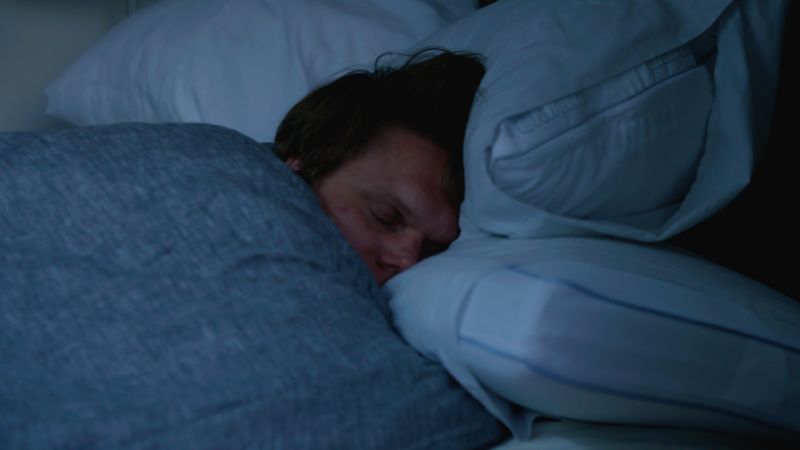It’s almost time for clocks to “fall back” one hour and gain one hour of sleep.
On the first Sunday of November, at 2 a.m., clocks fall back an hour to standard time. On the second Sunday of March, at 2 a.m., clocks in most of the United States and many other countries move forward one hour and stay there for nearly eight months in what is called Daylight Saving Time.
The current March to November system that the US follows began in 2007, but the concept of “saving daylight” is much older. Daylight Saving Time has its roots in train schedules, but it was put into practice in Europe and the United States to save fuel and power during World War I, according to the US Department of Transportation’s Bureau of Transportation Statistics.
Pro tip: It’s Daylight Saving Time, with singular use of “saving,” not “savings.”
Reasons for Daylight Saving Time
The US kept Daylight Saving Time permanent during most of World War II. The idea was put in place to conserve fuel and keep things standard. As the war came to a close in 1945, Gallup asked respondents how we should tell time. Only 17% wanted to keep what was then called “war time” all year.
During the energy crisis of the 1970s, we tried permanent Daylight Saving Time again in the winter of 1973-1974. The idea again was to conserve fuel. It was a popular move at the time when President Richard Nixon signed the law in January 1974. But by the end of the month, Florida’s governor had called for the law’s repeal after eight schoolchildren were hit by cars in the dark. Schools across the country delayed start times until the sun came up.
By summer, public approval had plummeted, and in early October Congress voted to switch back to standard time.
In the US, states are not required by law to “fall back” or “spring forward.” Hawaii, most of Arizona and some territories in the Pacific and Caribbean do not observe Daylight Saving Time. The twice-yearly switcheroo is irritating enough to lawmakers of all political stripes that the US Senate passed legislation in March 2022 to make Daylight Saving Time permanent. The bill passed by unanimous consent.
House lawmakers failed to vote on the bill in 2022. On March 2, 2023, a dozen senators forming a bipartisan group reintroduced the legislation that would end clock switching in favor of permanent Daylight Saving Time. Companion legislation to the Sunshine Protection Act was introduced by Rep. Vern Buchanan, a Republican from Florida, in the House.
Why do we need Daylight Saving Time
Studies over the last 25 years have shown the one-hour change disrupts body rhythms tuned to Earth’s rotation, adding fuel to the debate over whether having Daylight Saving Time in any form is a good idea.
The issue is that for every argument there is a counterargument. There are studies, for example, that show we have more car accidents when people lose an extra hour of sleep. There are also studies that show robberies decline when there is an extra hour of sunlight at the end of the day. We also know that people suffer more heart attacks at the start of Daylight Saving Time. But what about our mental health? People seem to be happier when there is an extra hour of daylight.
Of course, there’s the economy, which pays for all that outdoor fun in the sun. Although saving energy was often put out as a reason to have Daylight Saving Time, the energy saved isn’t much — if anything at all.
Instead, the lobbying effort for Daylight Saving Time came mostly from different sectors of the economy. In the mid-20th century, lobby groups for the recreational sports industry (think driving ranges) wanted more customers to come out after a day at the office. It’s easier to do so when there is more light at the end of the day.
But the movie industry didn’t like Daylight Saving Time. You’re less likely to go to a movie when it’s bright outside. Despite the myth, farmers didn’t like it either because it made it difficult to get their food to the market in the morning.
The bottom line: It’s not clear whether having that extra hour of sunlight at the end of the day versus the beginning is helpful. It just depends on who you are and what you want. And it doesn’t look like Daylight Saving Time in the US is going away anytime soon.

